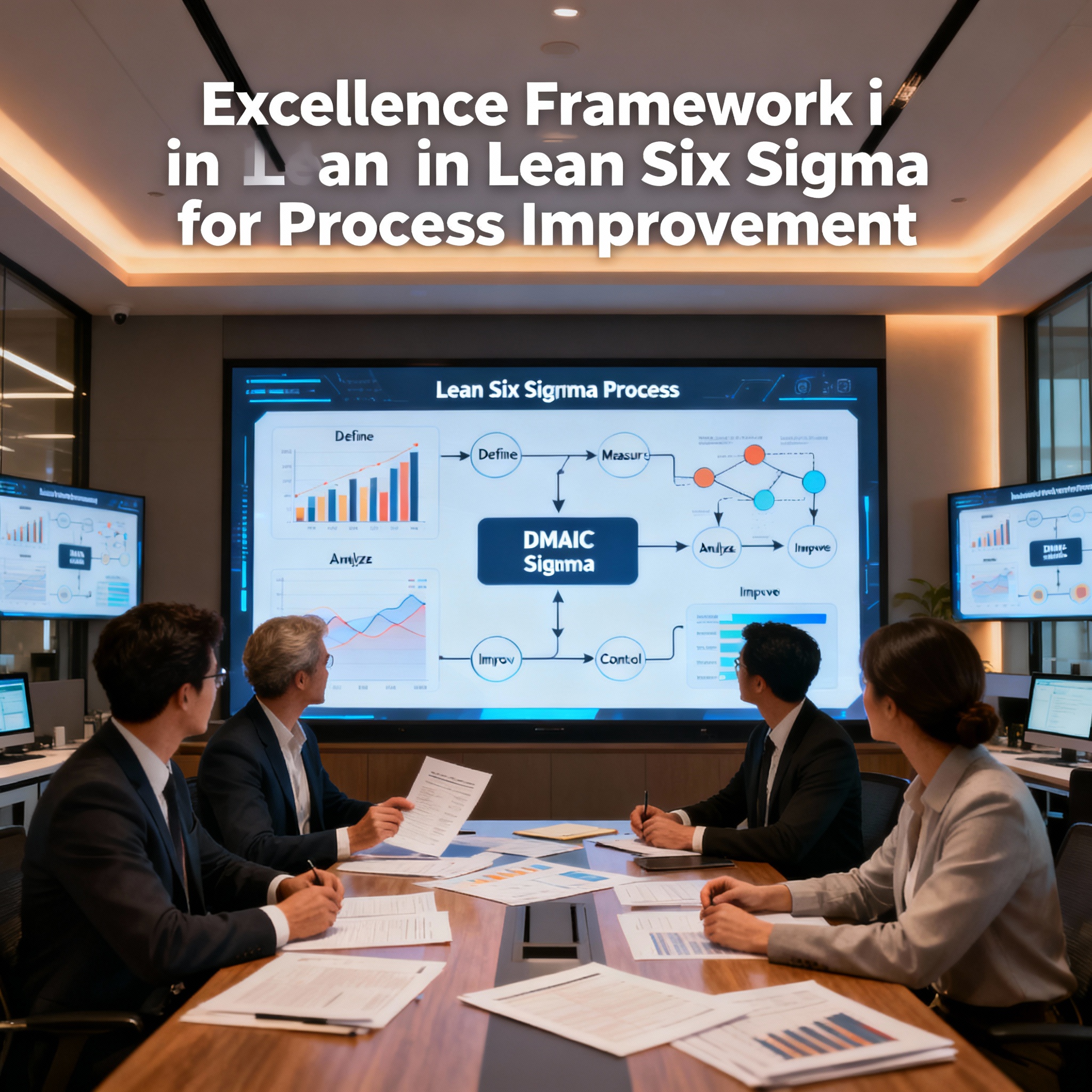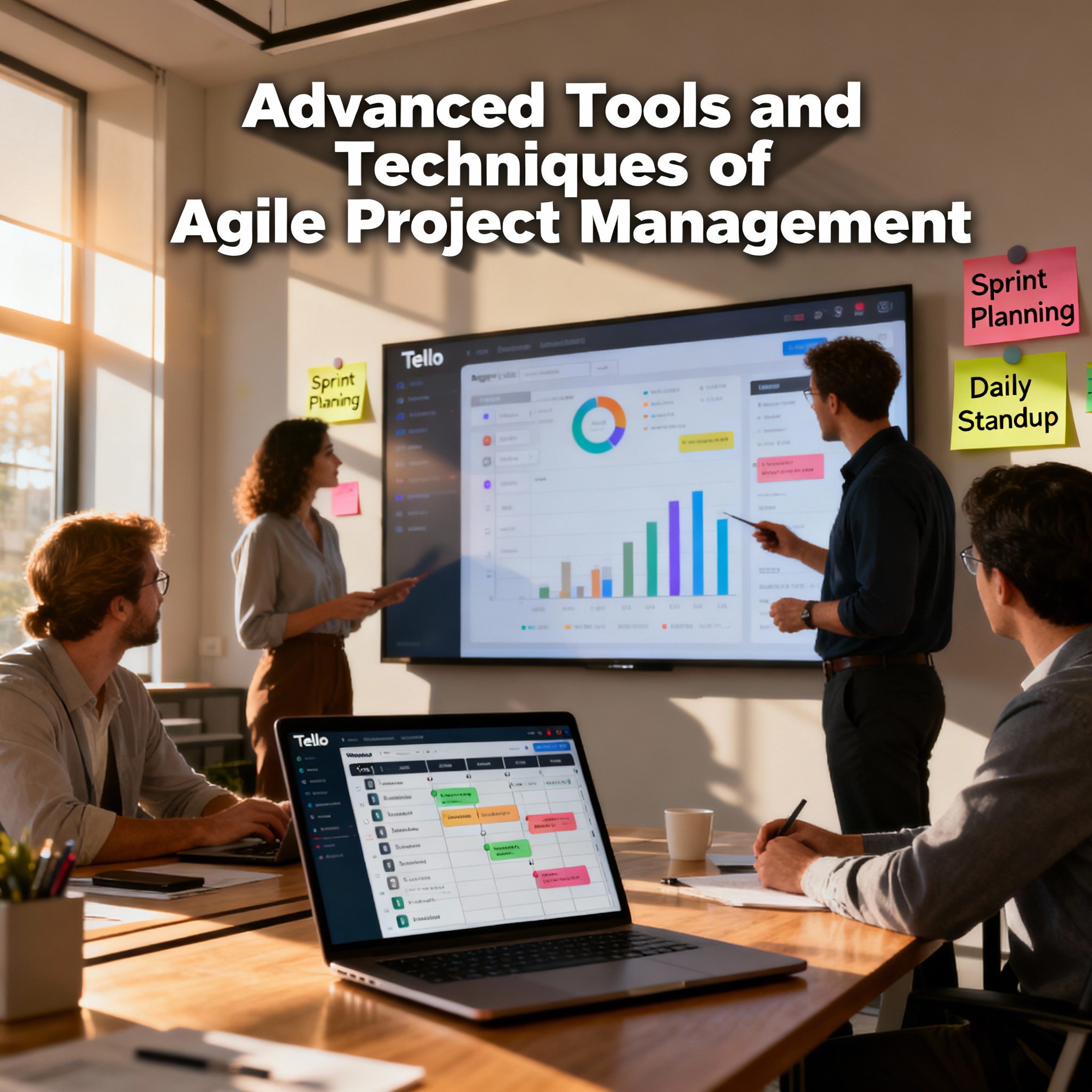Currently Empty: $0.00
Share This Course
01
Introduction
Introduction
02
Objectives
Objectives
03
Who Should Attend?
Who Should Attend?
04
Training Method
Training Method
05
Course Outline
Course Outline
The digital economy demands agility, scalability, and resilience, pushing applications beyond the limits of traditional architectures. Cloud Native is not just a technology shift; it’s a cultural and operational paradigm for building and running applications that fully leverage the cloud computing model. This approach empowers organizations to build faster, scale effortlessly, and recover from failures seamlessly.
This course is a deep dive into the modern stack that defines cloud-native development. Participants will move beyond theory to gain hands-on experience with the tools and practices that underpin successful cloud-native applications. From containers and microservices to orchestration and serverless functions, this course provides the blueprint for building robust, scalable, and maintainable applications for the modern era.
Upon completion of this course, participants will be able to:
-
Articulate the core principles and benefits of cloud-native architecture (microservices, DevOps, continuous delivery).
-
Containerize applications using Docker and manage them through their lifecycle.
-
Orchestrate containers at scale using Kubernetes, including deployment, scaling, and management.
-
Design and develop loosely-coupled, API-driven microservices.
-
Implement a CI/CD pipeline to automate testing, building, and deployment of cloud-native applications.
-
Integrate supporting technologies like service mesh (Istio/Linkerd), serverless platforms, and observability tools.
This course is designed for software development professionals involved in building, deploying, and managing modern applications.
-
Software Developers and Application Architects
-
DevOps Engineers and Site Reliability Engineers (SREs)
-
Platform Engineers and Infrastructure Architects
-
Technical Leads and Engineering Managers
-
IT Professionals looking to transition into modern development practices
• Pre-assessment
• Live group instruction
• Use of real-world examples, case studies and exercises
• Interactive participation and discussion
• Power point presentation, LCD and flip chart
• Group activities and tests
• Each participant receives a binder containing a copy of the presentation
• slides and handouts
• Post-assessment
Day 1: The Cloud-Native Foundation
-
Morning:
-
Module 1: Introduction to Cloud Native: What it is, why it matters, and the CNCF landscape. The 12-Factor App methodology.
-
Module 2: The Container Revolution: Introduction to Docker. Understanding images, containers, and registries.
-
-
Afternoon:
-
Module 3: Hands-On with Docker: Building Dockerfiles, creating images, and running containers.
-
Lab 1: Containerizing a Monolithic Application: Participants will package a simple application and its dependencies into a Docker container.
-
Day 1 Recap: The building block of cloud native – the container.
-
Day 2: Orchestration with Kubernetes
-
Morning:
-
Module 4: Kubernetes Fundamentals: Understanding the control plane, nodes, pods, deployments, and services.
-
Module 5: The Kubernetes API and YAML Manifests: Declarative vs. imperative management.
-
-
Afternoon:
-
Module 6: Deploying and Managing Applications on Kubernetes: Using
kubectl, exposing services, and managing application lifecycle. -
Lab 2: Deploying a Multi-Tier Application on Kubernetes: Participants will deploy a web app with a database using Kubernetes manifests.
-
Day 2 Recap: Taming container sprawl with orchestration.
-
Day 3: Microservices & API-Driven Development
-
Morning:
-
Module 7: Designing Microservices: Decomposition patterns, bounded contexts, and domain-driven design (DDD).
-
Module 8: Communication Patterns: Synchronous (REST, gRPC) and asynchronous (message queues) communication between services.
-
-
Afternoon:
-
Module 9: API Gateways and Management: The role of an API gateway in a microservices architecture.
-
Lab 3: Breaking the Monolith: Refactoring a part of the application from Day 2 into a separate microservice and establishing communication.
-
Day 3 Recap: Building small, focused, and independent services.
-
Day 4: CI/CD & GitOps
-
Morning:
-
Module 10: The CI/CD Pipeline for Cloud Native: Automating build, test, and deployment processes.
-
Module 11: Introduction to GitOps: Using Git as a single source of truth for declarative infrastructure and applications.
-
-
Afternoon:
-
Module 12: Hands-On with CI/CD Tools: Building a pipeline with popular tools (e.g., Jenkins, GitLab CI, or GitHub Actions) to deploy to Kubernetes.
-
Lab 4: Building a GitOps Pipeline: Automating the deployment of the application using a GitOps tool like ArgoCD or Flux.
-
Day 4 Recap: Automating everything for speed and reliability.
-
Day 5: Advanced Patterns & The Full Picture
-
Morning:
-
Module 13: Observability: Implementing logging, metrics, and tracing in a distributed system (e.g., with Prometheus and Grafana).
-
Module 14: Service Mesh & Security: Introduction to Istio/Linkerd for traffic management, security, and observability.
-
-
Afternoon:
-
Module 15: Serverless and Functions-as-a-Service (FaaS): Where serverless fits in the cloud-native stack.
-
Capstone Project: Participants will design and document the architecture for a cloud-native application, incorporating all elements learned during the week.
-
Course Conclusion: Final review, trends, and awarding of certificates.
-
- Course Details
- Address
Damascus
- Location
- Phone
+963 112226969
- Fees
300 $
More Course

Application of Excellence framework in Lean Six Sigma for Process Improvement #253006
Fees : $ 300
Start Date : November 16, 2026
End Date : November 20, 2026
Type Of Course : Offline Course
Location : Damascus
Course Category : Operations & Quality

Application of Excellence framework in Lean Six Sigma for Process Improvement #253006
Fees : $ 300
Start Date : September 7, 2026
End Date : September 11, 2026
Type Of Course : Offline Course
Location : Damascus
Course Category : Operations & Quality

Application of Excellence framework in Lean Six Sigma for Process Improvement #253006
Fees : $ 300
Start Date : June 29, 2026
End Date : July 3, 2026
Type Of Course : Offline Course
Location : Damascus
Course Category : Operations & Quality

Application of Excellence framework in Lean Six Sigma for Process Improvement #253006
Fees : $ 300
Start Date : April 20, 2026
End Date : April 24, 2026
Type Of Course : Offline Course
Location : Damascus
Course Category : Operations & Quality

Application of Excellence framework in Lean Six Sigma for Process Improvement #253006
Fees : $ 300
Start Date : February 9, 2026
End Date : February 13, 2026
Type Of Course : Offline Course
Location : Damascus
Course Category : Operations & Quality

Advance tools and techniques of Agile Project Management #253005
Fees : $ 300
Start Date : November 9, 2026
End Date : November 13, 2026
Type Of Course : Offline Course
Location : Damascus
Course Category : Operations & Quality

Advance tools and techniques of Agile Project Management #253005
Fees : $ 300
Start Date : August 31, 2026
End Date : September 4, 2026
Type Of Course : Offline Course
Location : Damascus
Course Category : Operations & Quality

Advance tools and techniques of Agile Project Management #253005
Fees : $ 300
Start Date : June 22, 2026
End Date : June 26, 2026
Type Of Course : Offline Course
Location : Damascus
Course Category : Operations & Quality

Advance tools and techniques of Agile Project Management #253005
Fees : $ 300
Start Date : April 13, 2026
End Date : April 17, 2026
Type Of Course : Offline Course
Location : Damascus
Course Category : Operations & Quality

Advance tools and techniques of Agile Project Management #253005
Fees : $ 300
Start Date : February 2, 2026
End Date : February 6, 2026
Type Of Course : Offline Course
Location : Damascus
Course Category : Operations & Quality

future centre Join our platform to access flexible learning, expert instructors, and industry-relevant courses designed to help you succeed in your career
Categories
© Copyright 2025 Future Centre | All Rughts Reserved
Sign In
or sign in with email
The password must have a minimum of 8 characters of numbers and letters, contain at least 1 capital letter
Years of experience in teaching
Choose your academic specialty
Country/Region
Your Address
Your Address
Upload Your Resume
Upload file
Supported file formats
Drag file here or click the button.
.png, .jpg, .jpeg, .mp4, .pdf
Uploading...
Terms & Conditions
By selecting this option, you confirm that you agree to the Terms and Conditions

